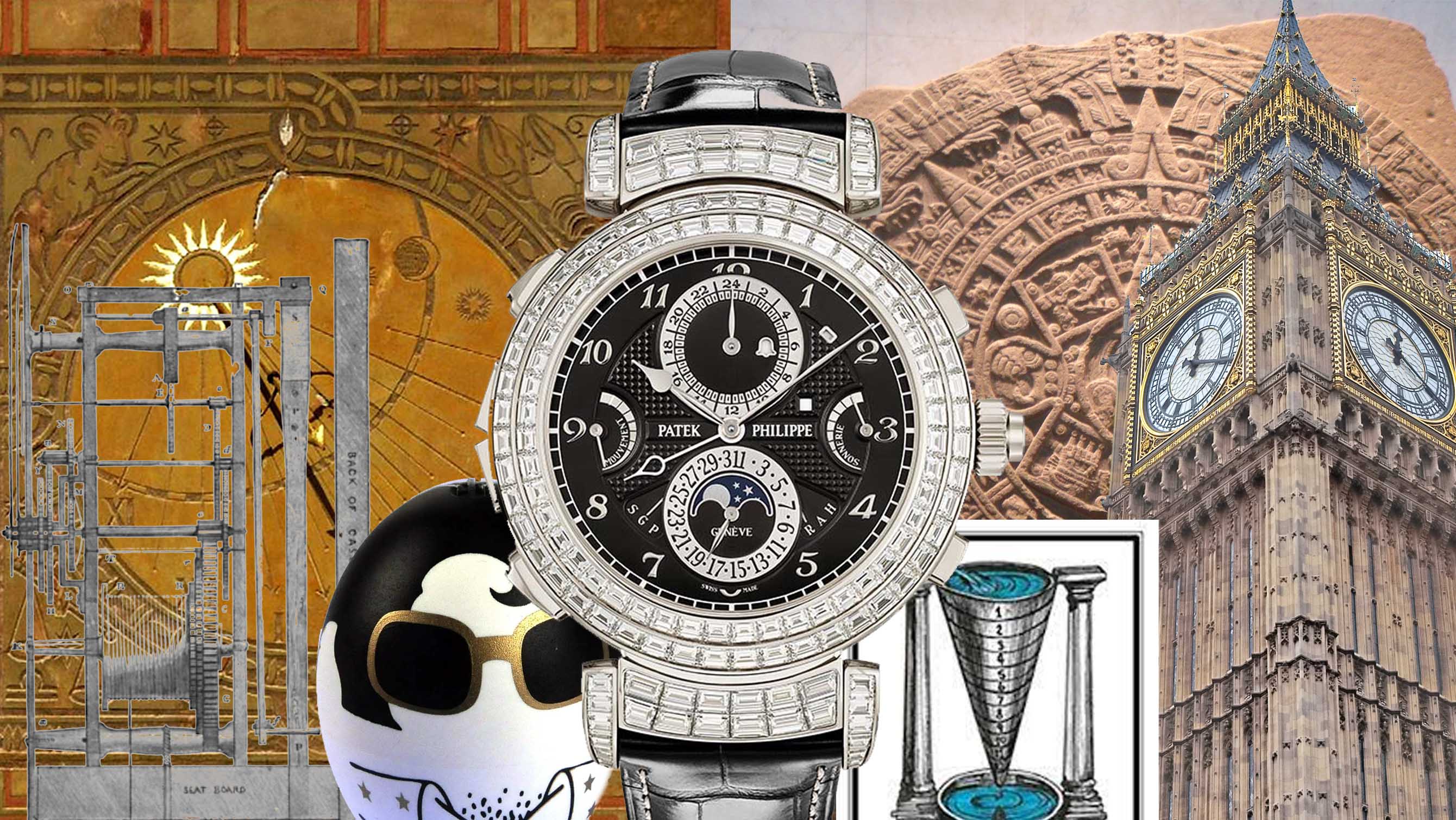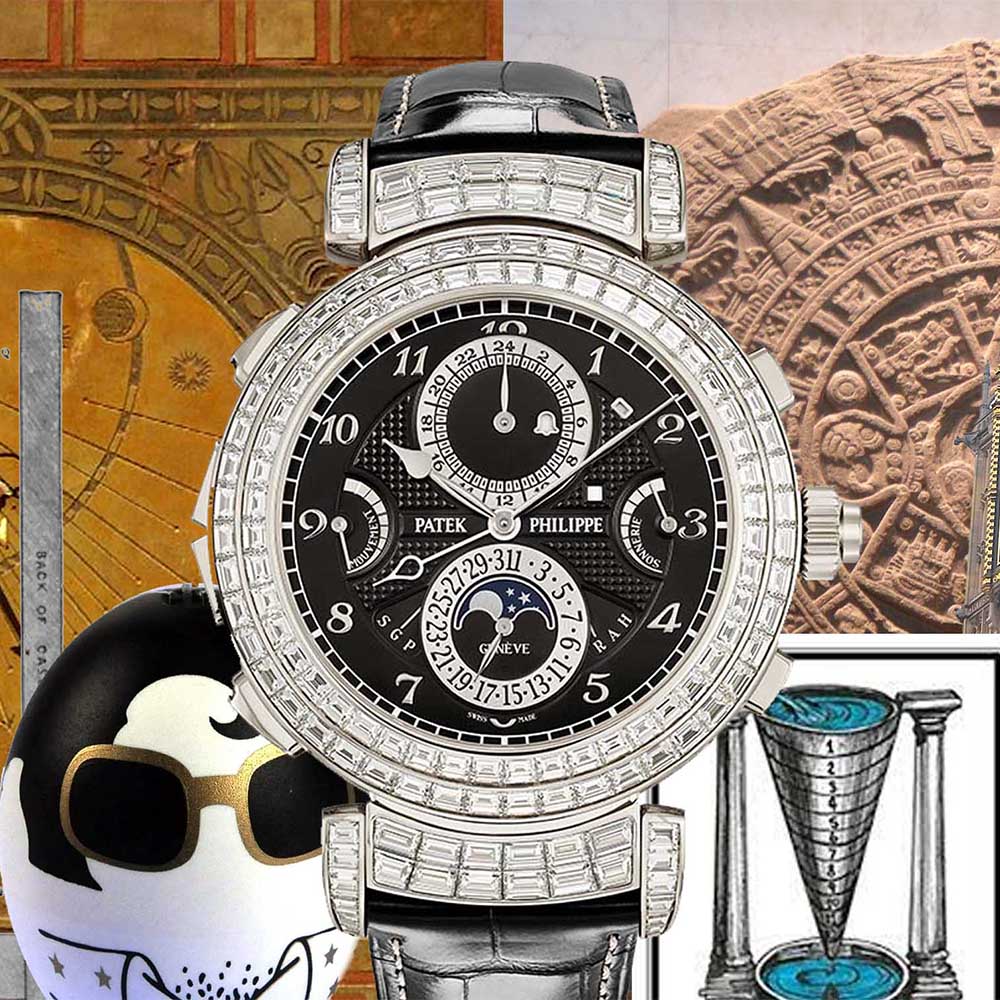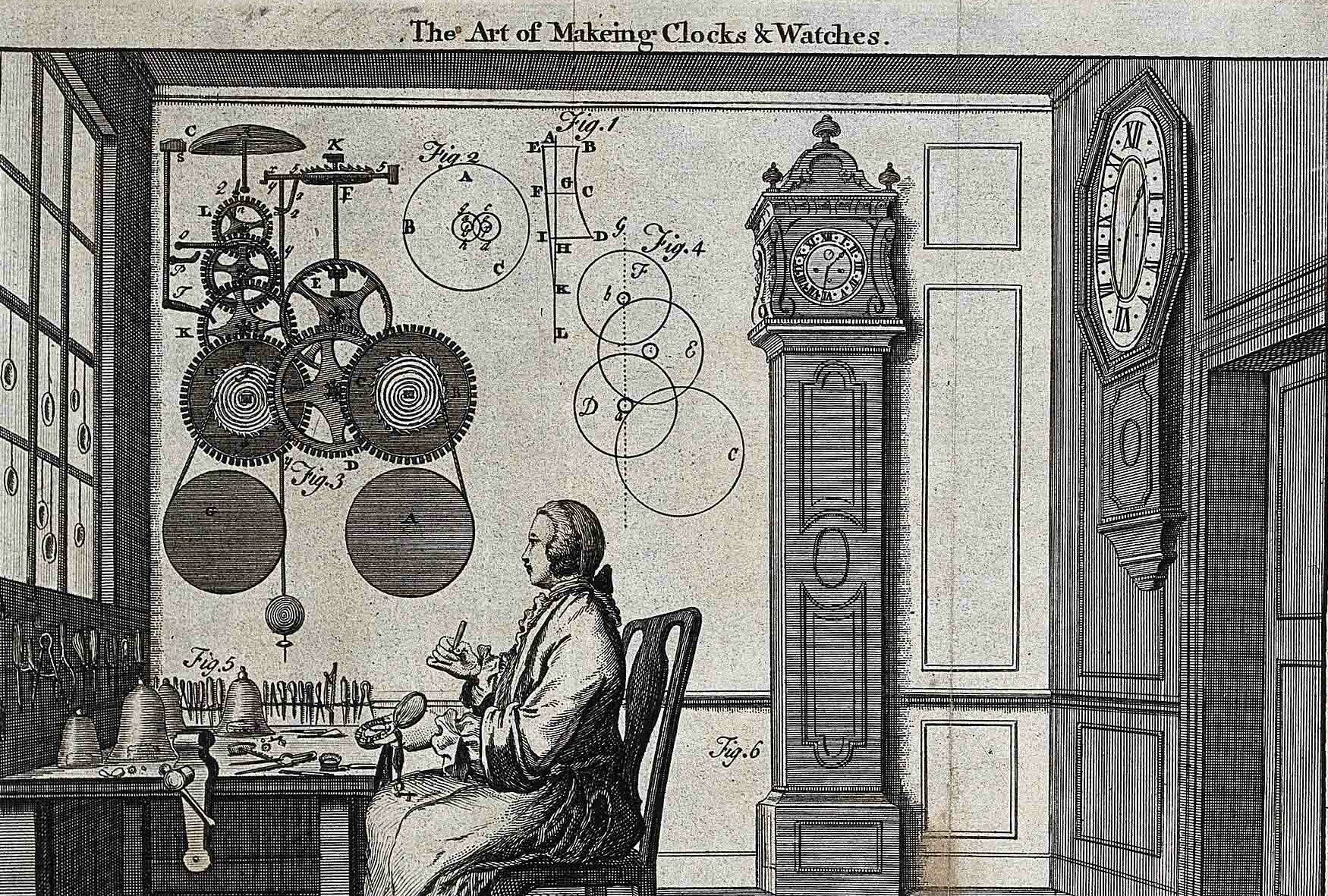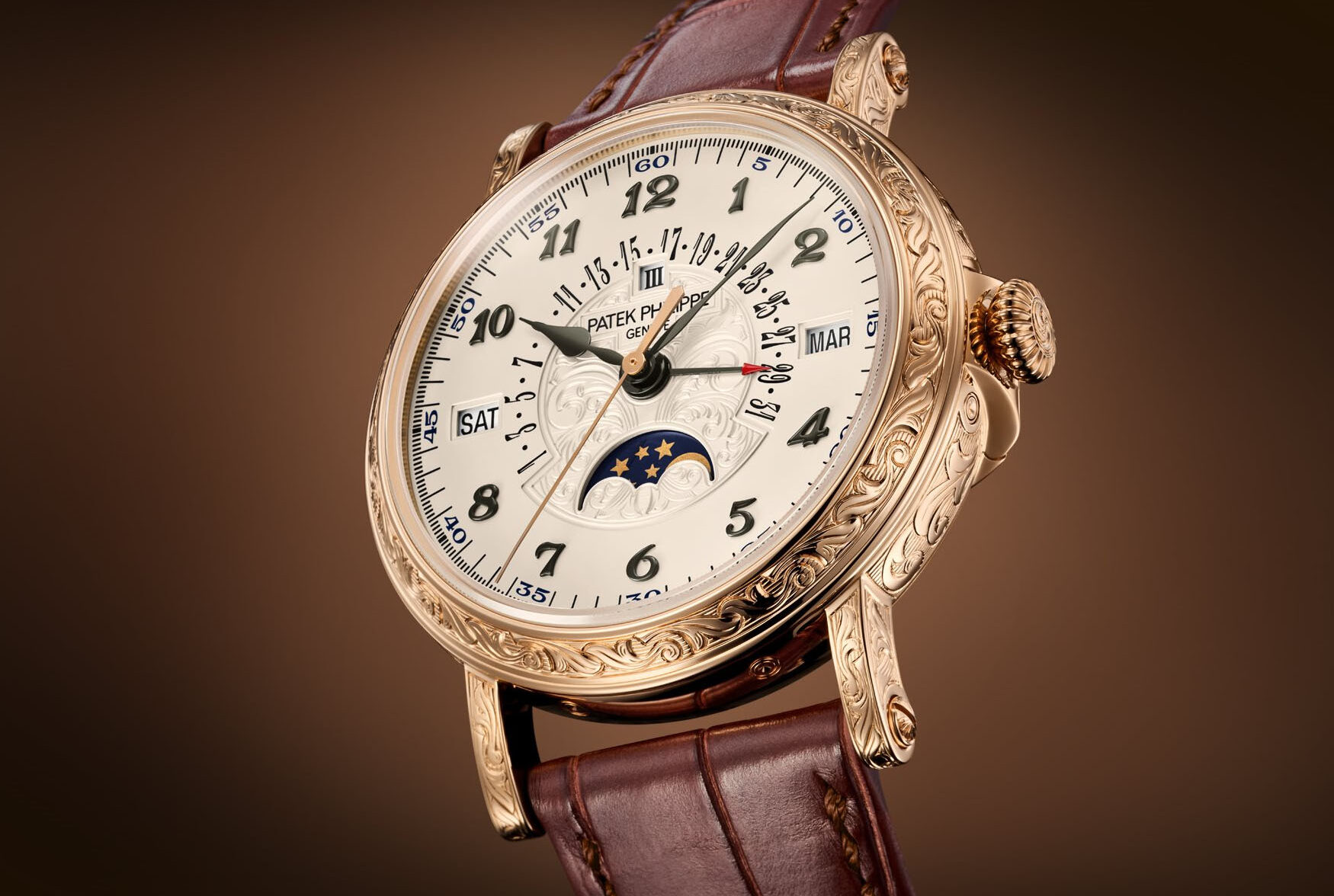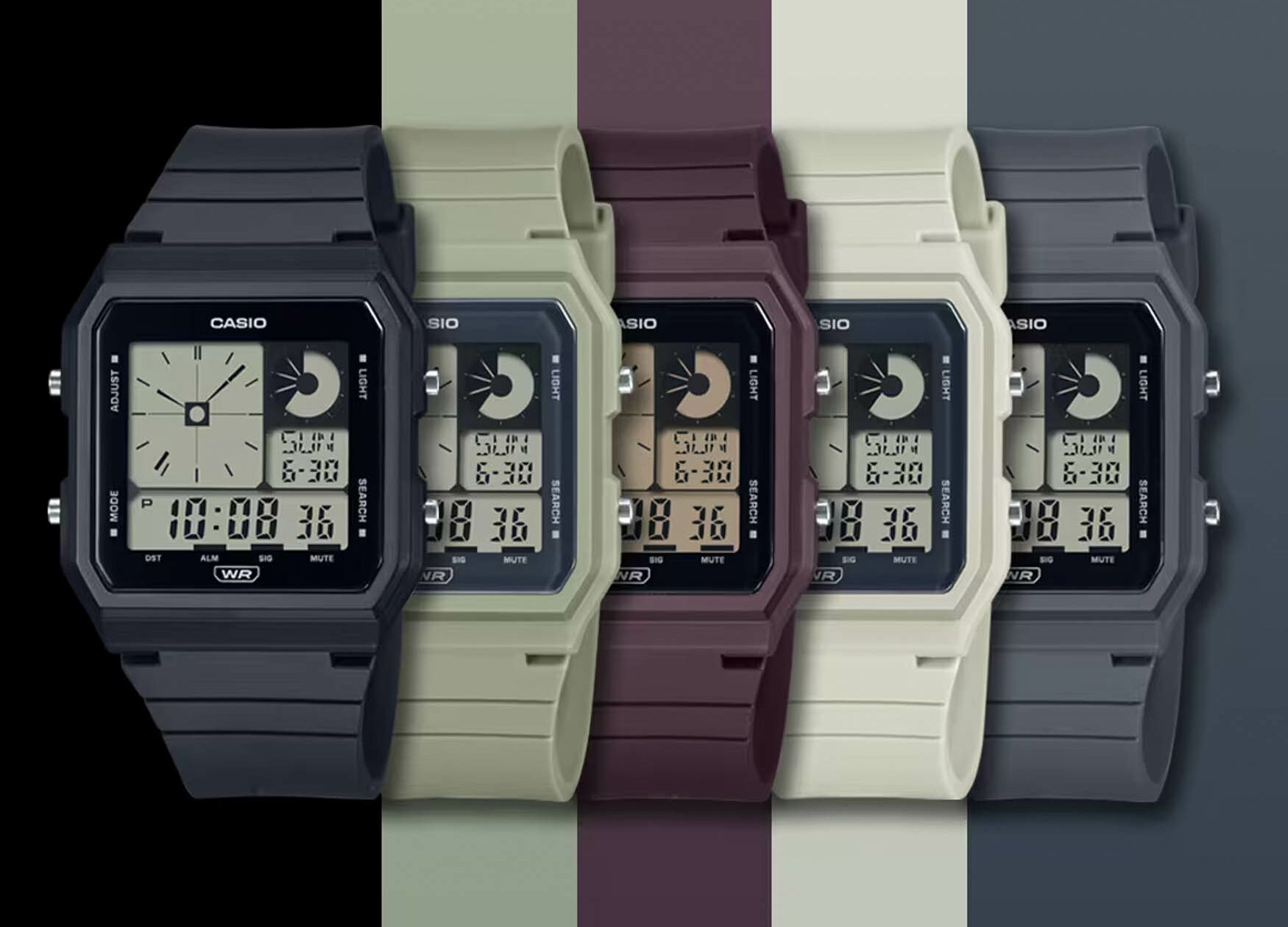You’re using the word “horology” wrong
Buffy AcaciaGenerally speaking, the watch community is pretty pretentious. That’s okay, and it’s nothing to be totally defensive about. We’re susceptible to delusions of grandeur and marketing teams are all too ready to take advantage of that. But, occasionally a dubious fact or erroneous story will make its way through the community and it takes considerable effort to clear the air. Increasingly over the last few years, the misuse of the word horology has definitely become an issue. So, what is horology, and why has it been co-opted?
Put simply, horology is the study of time in all of its vastness. However, these days we mostly see the word horology placed next to “haute”, or only used to refer to luxury watchmaking. In this case, it comes from French, where “horlogerie” translates to “watchmaking”, as well as the blanket term “horology”. It’s very similar to the stereotypical watch snob exclusively using the word “timepiece” for their watches, because “watch” sounds too common. The more expensive the watch, the more likely you are to hear horology. A time-only Seiko might be called a fine watch, while a Grand Complication from Patek Philippe would be a “work of high horological excellence“. All of that excessive verbiage actually diminishes horology, because it narrows its focus to something which is too grandiose for most people to relate to.
I’m aware of some irony in this article, because words always change their meanings and evolve over time. Horology is just like geology, psychology, anthropology, or any other field of study. The word stems from the Greek words hōra, meaning time, and logos, meaning word. In the 14th and 15th centuries, the Medieval Latin word horologium was commonly used in England as the word for clock. The word watch itself (also spelt wach, wache, wacche, weche, and woch) used to refer to several different parts of a clock depending on which source you were reading, including dials, hands, and balance wheels. All that considered, reducing an entire aspect of human history to a handful of fancy wristwatches is just a shame.
The Philippe Dufours and F.P. Journes of the world are still included under the umbrella of horology, but then again so are microbrands and $50 Casios. Watches aren’t the sole focus of horology either, and it can include everything from ancient sundials to egg timers which sing Elvis songs after a few minutes. It also crosses into astronomy, as you need the stars and planets in order to keep track of calendars. You don’t even need to own a watch to enjoy horology, because there are basically infinite resources on the internet to research timekeeping across history in its various forms. If you don’t have time for that though, here’s a brief recap.
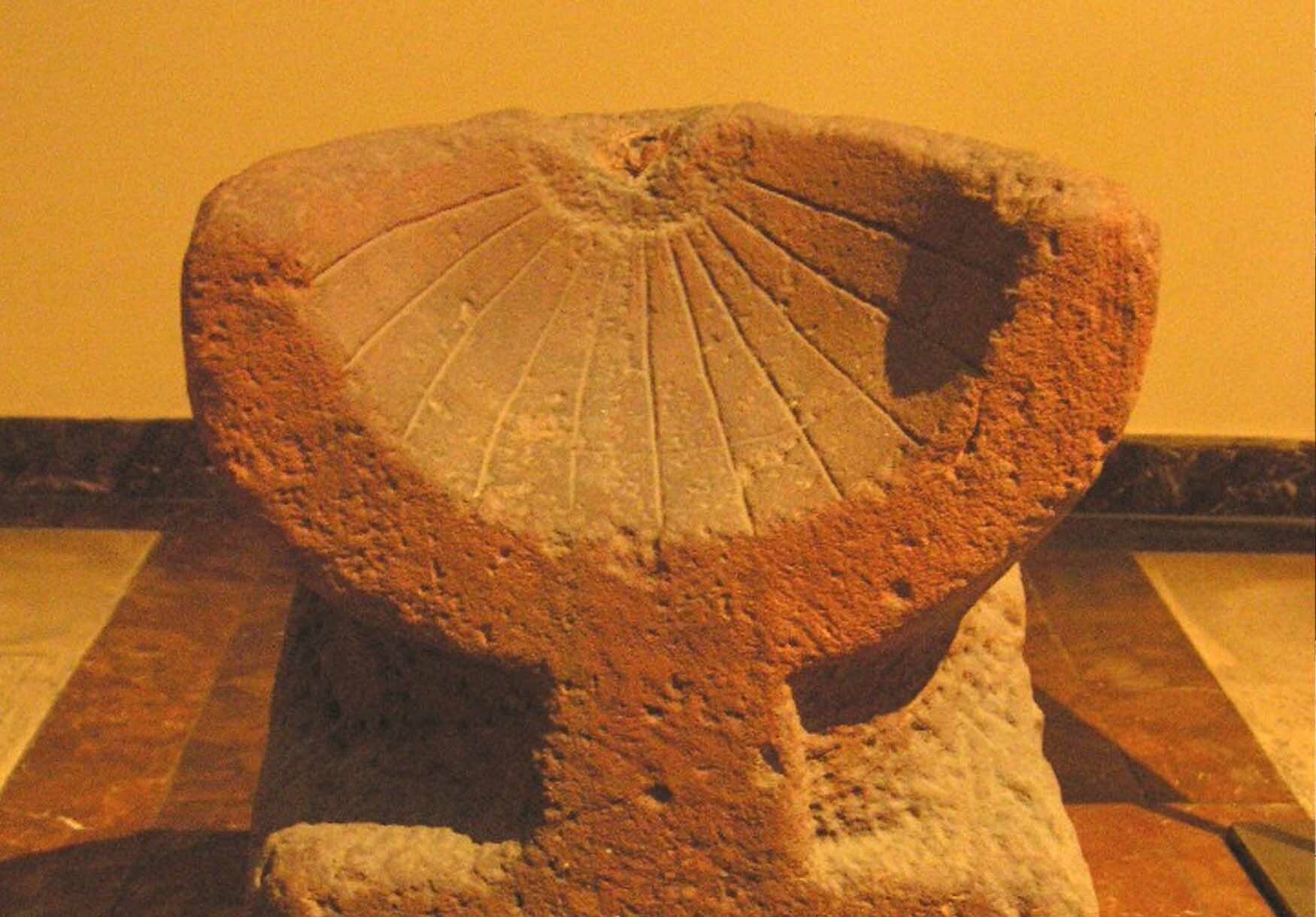
The earliest evidence for keeping track of the time dates back to ancient Egypt in approximately 1500 BC, with sundials that divided days into two 12-hour segments. Before then, prehistoric cultures would probably have done the same thing but with sticks in the ground. That simple format has remained unchanged for thousands of years. Cool, right? Water clocks were developed around the same time all over Eurasia and Africa, measuring the accumulation of water from a regulated flow of liquid. Moving into the Common Era, civilisations such as the Mayans and Dacians built elaborate structures which functioned as calendars and tracked the various equinoxes and solstices. Mechanical clocks began with water-powered escapements, then replaced with mercury, and then finally the pendulum clock emerged in Europe in the mid-17th century. After that, it only took a few hundred years to develop that technology enough to fit inside a tiny wristwatch case.
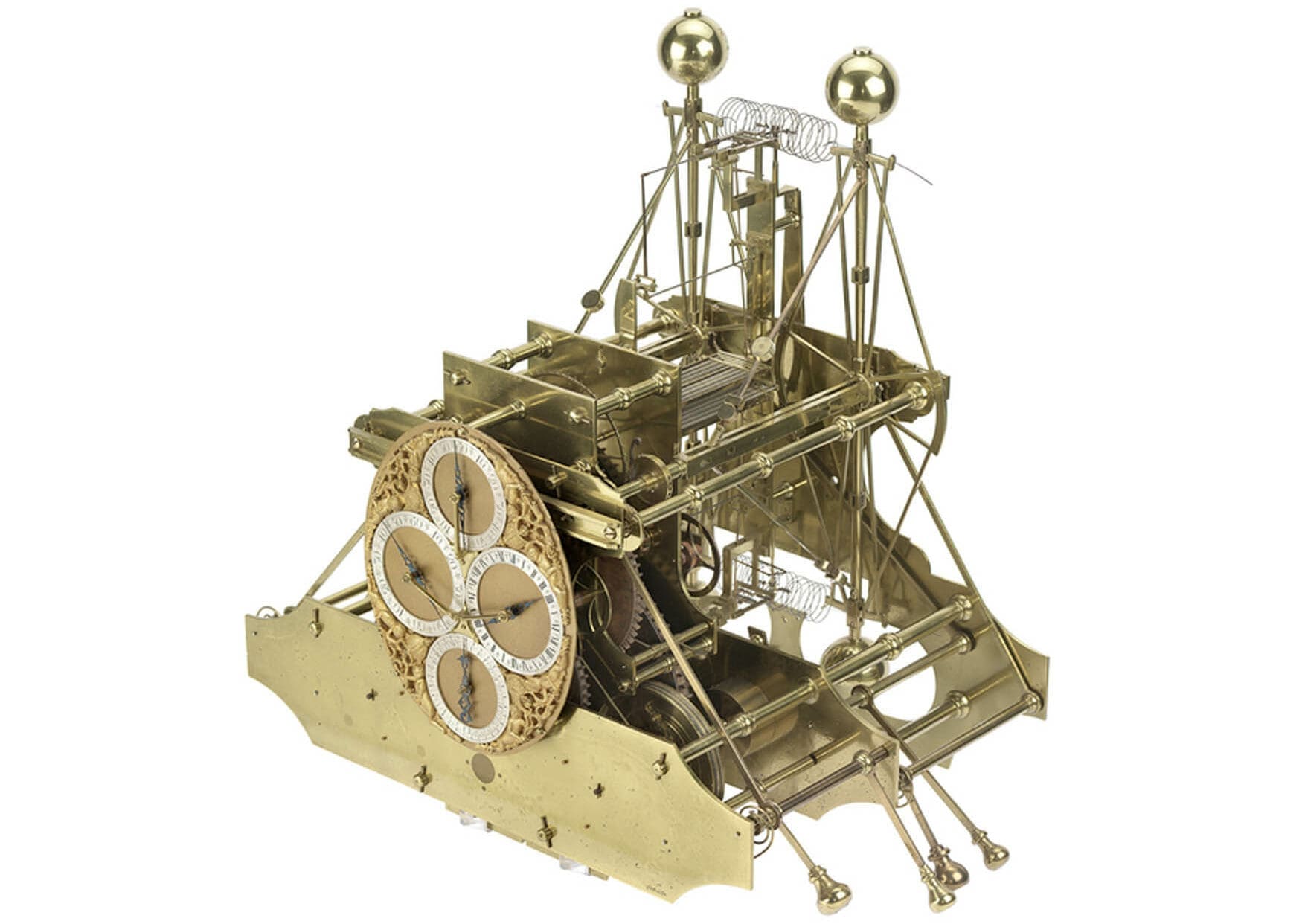
Whether the accurate measurement of time has rapidly advanced because of human development or the other way around, it’s fascinating to link periods of time with their experience of the world around them. It’s almost impossible for most people to imagine living without an automatically synchronising phone in their pocket which gives them the exact time anywhere in the world, but a student of horology may have a better understanding of what time’s passage really means to us. So the next time that you see something referred to as “haute horology”, remember that time doesn’t affect anyone differently just because their bank accounts are fuller. No group of brands can ever trump thousands of years of history, no matter how complex or impressive their watches are.




